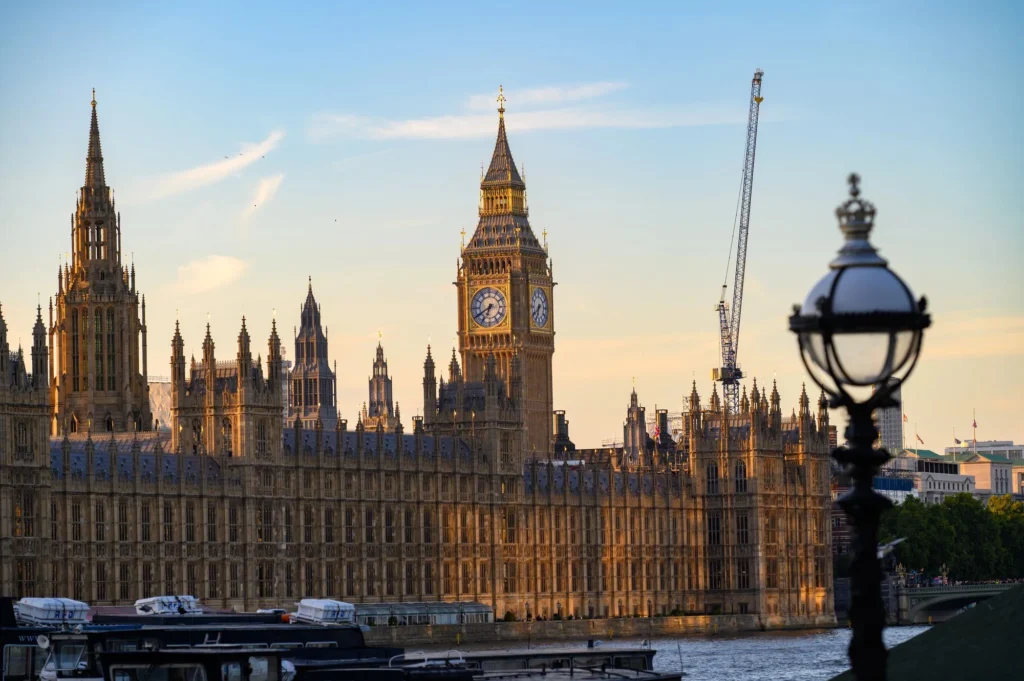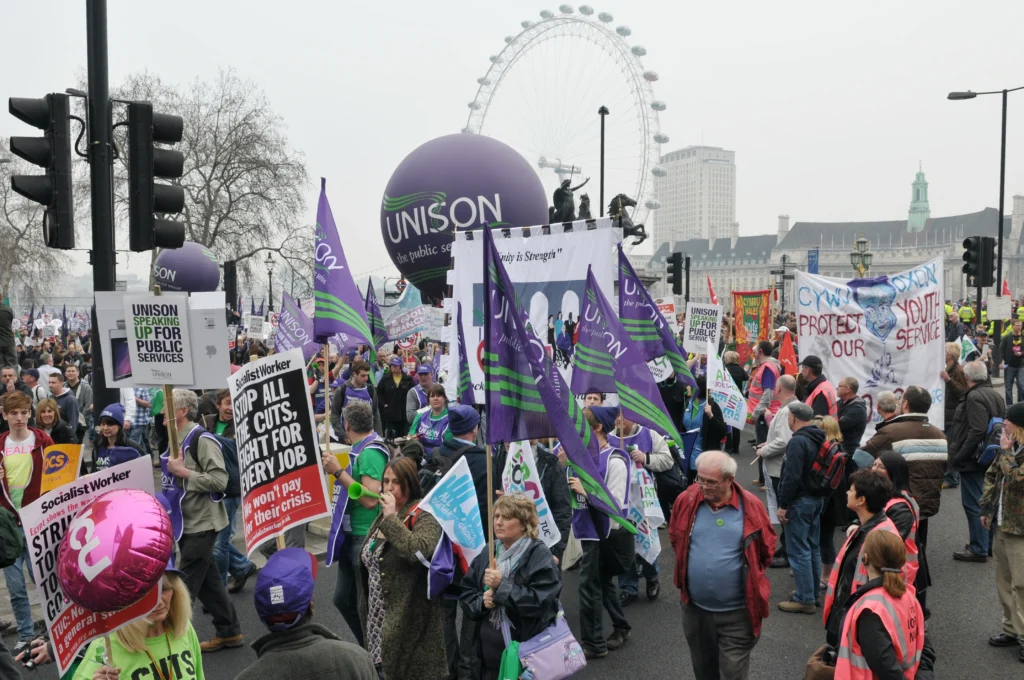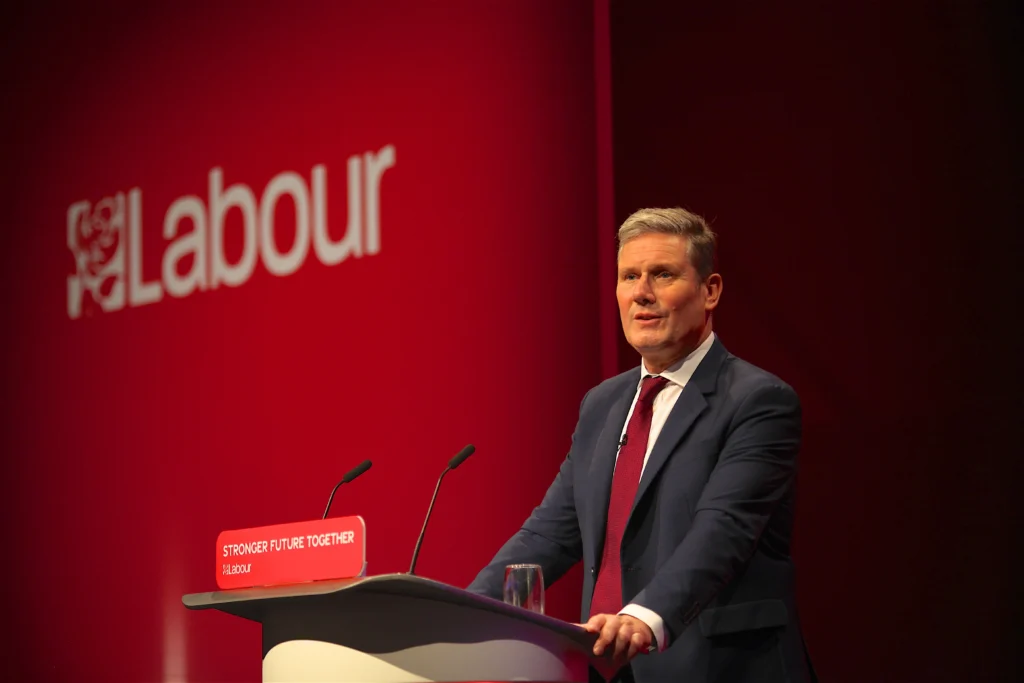After a transformative but challenging first year in government, Labour now faces a critical second chapter as it moves into its second year in government. While Keir Starmer’s administration has laid out ambitious blueprints for infrastructure, climate, and economic reform, the political honeymoon has faded and there are serious rivals to Labour in Reform. Approval ratings have dipped, especially among younger voters and traditional Labour heartland voters. The challenge now is clear: translate bold promises into visible results while reconnecting with disillusioned segments of the electorate.
To succeed, Labour must focus on three overarching goals, growing the economy and raising living standards, improving the public’s experience of and access to the NHS and bringing immigration down and stopping the small boat crossings. These will be the measures by which the government will be judged.
Ambition must now meet action
The Labour government’s credibility hinges on whether voters begin to see concrete improvements in their access to and experience of the NHS. This means rapidly moving from strategy to delivery. The 40,000 additional procedures promised weekly must be felt in shorter waiting times, restored GP access, and improved emergency care. Investment is not enough. The government must ensure Hospital Trusts, care providers, and regional NHS managers are empowered to innovate and accelerate reforms including working with the private sector. An NHS performance dashboard updated monthly and publicly accessible could showcase progress and accountability focussing on elements that are not normally front and centre of the healthcare debate such as Metrix on the quality of hospital food, hospital cleanliness and the quality of communication with patients. These are the things patients and families in hospitals can see and understand and are easy wins.
When it comes to immigration, Labour cannot ‘out Reform’ Reform
Every poll shows that voters want control, not chaos. In the public mind immigration is the small boats. There is no point currently delving into the various types of migration, visa types etc, in the public mind the small boats crossing the channel is immigration. Until that stops the public will not believe Labour have control of the border. Labour should articulate a clear, firm, and fair immigration policy—one that distinguishes between legal migration to fill skills gaps and robust action against illegal routes. Restoring safe legal pathways for asylum seekers would show compassion without encouraging uncontrolled flows. But above all the boats crossing the channel must stop, not stop for a while, not reduce, but completely stop. We can reduce net- immigration all we like, but all the while those boats are crossing the channel Nigel Farage will have the ammunition, he needs to attack the government.
Preparing the economy for growth
Beyond firefighting the crises of today, Labour must make the case for how it is preparing the British economy for the next decade delivering growth, higher living standards and well-paid jobs. This forward-facing agenda should focus on five priority areas:
- Competitive Tax Environment: The Prime Minister has said that you cannot tax your way to growth. The UK has experienced higher than usual taxes in recent years and the Labour government should proudly set an ambition to reduce Corporate Taxes and aim to have the lowest corporation tax in Europe and the G7. This would send a signal to the world that Britain is open for businesses. Investment incentives should be front and centre of UK tax policy.
- Green energy acceleration: The goal of a zero-carbon power grid by 2030 is achievable but only with rapid deployment of onshore wind, solar, and battery storage. Planning rules must be streamlined, and the proposed Great British Energy company should launch this year with a public mandate and investment capital working with the private sector.
- AI and tech sector support: Britain risks falling behind in AI, biotech, and quantum if it cannot attract startups and retain talent. The government should review its tax regime for tech SMEs, invest in regional innovation hubs, and ensure that digital skills training is available across all age groups.
- Industry and Manufacturing: In an ever increasing dangerous world where supply chains are at risk the British economy needs to be more resilient which means we need to produce more goods at home. We need a strategy that puts British industry first. This means lower corporate taxes for industry, planning preference priorities for plants and machinery and exploring a competitive exchange rate to favour British exports.
- Housebuilding and Planning: Labour have announced reform to the Planning system but the speed at which this is implemented needs to accelerate. Announcements on targets for new homes have been made with financial backing. But voters need to see bricks on the ground and houses being built and fast. House Building serves as a major support to economic growth. The more homes we build the more jobs we create and the faster our economy grows.
By focussing on these three issues and delivering on them Labour can consolidate power and win the next election seeing off the threat from Reform. By delivering on these three issues Labour will appeal to traditional labour voters, but also the politically disengaged and younger generations. Labour’s first year was one of design and disruption. The second must be one of delivery and discipline. With a fragile trust bank and wavering public enthusiasm, Starmer’s government cannot afford drift or delay. Every policy must answer a basic question: “How does this make life better for ordinary people?” If Labour can turn its plans into progress and prove itself the party not just of aspiration, but of results it will not only survive the next election but earn the public’s enduring confidence. Key to achieving that confidence will be stopping the boats, improving patients’ experience of and access to the NHS and a relentless drive and delivery of economic growth.




